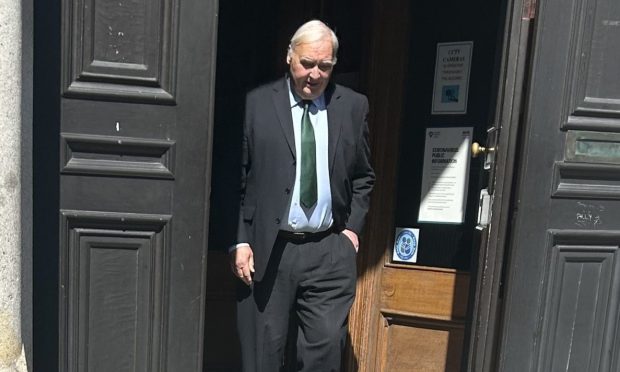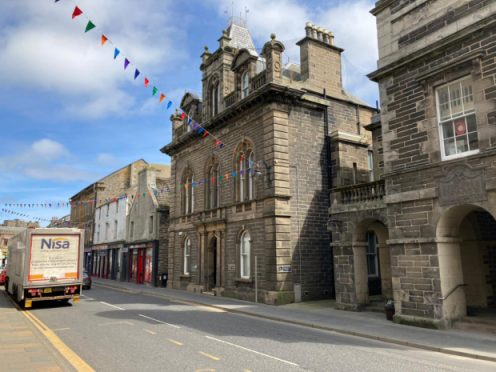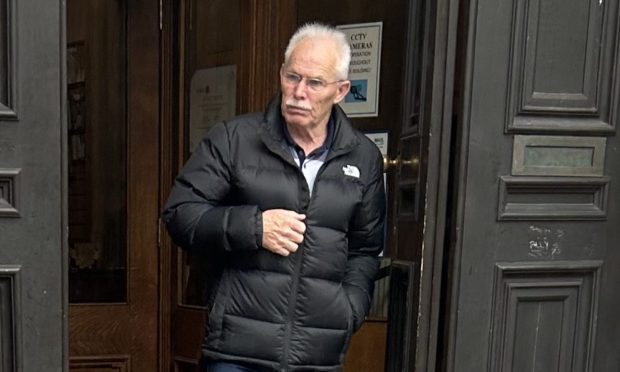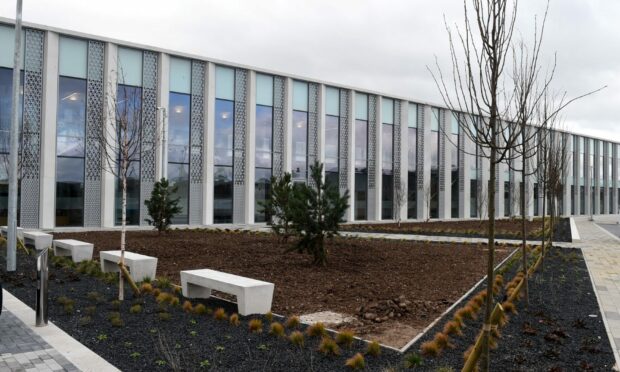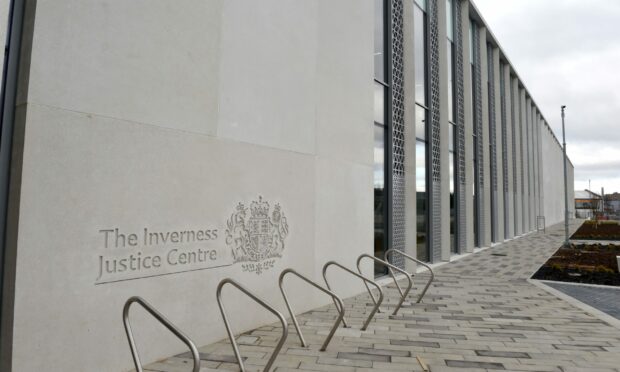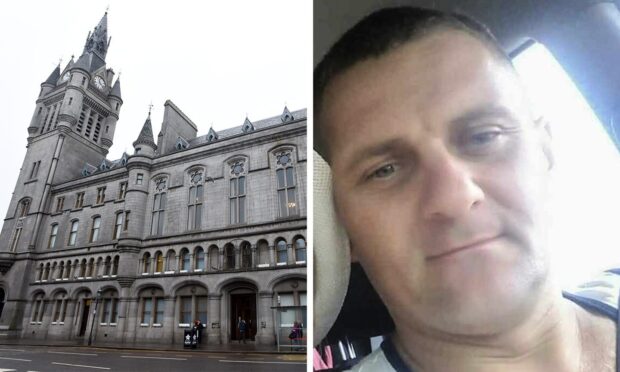A judge has made a “historic” decision in allowing a compensation case brought by up to 2,000 Kenyan tea pickers against their employer to continue in Scotland’s highest civil court.
Lord Weir concluded on Tuesday that the workers could continue their action at the Court of Session to pursue damages against James Finlay Kenya Ltd, one of the world’s largest suppliers of tea.
Lawyers for the company, which was founded in Aberdeen in 1750, had gone to the court earlier this year to ask Lord Weir to stop the so-called ‘class action’ from continuing.
The workers want compensation from the business as they say bosses there didn’t do enough to prevent them from suffering debilitating workplace injuries.
They want the matter to be heard in Scotland because their lawyers believe that because the firm is registered in Scotland, the Court of Session has jurisdiction to deal with the matter.
However, lawyers for Finlay’s argued that the Court of Session doesn’t have jurisdiction in the matter and that the claims should be heard in Kenya as the workers sustained their injuries there.
In a written judgement published by the court on Tuesday, Lord Weir rejected the arguments made by Finlay’s advocate Lord Davidson of Glen Clova KC at an earlier hearing.
Workers claim they worked 12 hours a day without a break
Writing that a Scottish court could hear the claim, Lord Weir wrote: “This court has now considered, and determined after evidence, that it does have jurisdiction to entertain the group proceedings.
“The assistance I have derived from the expert evidence on either side at the preliminary proof inspires confidence that the court will be fully instructed on those further issues of Kenyan law which are likely to arise during their progression.”
The Finlays group is one of the world’s biggest producers of tea and coffee and includes Starbucks among its customers.
It operates on five continents and can trace its origins back to James Finlay, a cotton merchant who founded the business in Scotland in 1750.
The workers say that their employer didn’t do enough to prevent them from suffering musculoskeletal injuries.
A previous court hearing had heard the pickers claim they were routinely asked to work up to 12 hours a day without a break, for six days a week, earning in 2017 an average monthly wage of £100.
An earlier hearing also heard the claim that pickers had to harvest a minimum of 30kg (4st 10lb) of tea to be paid anything at all, it was claimed.
At another preliminary hearing, Lord Weir heard that pregnant workers didn’t have maternity leave and had to work in “extremely difficult” circumstances.
Claims of violence against tea pickers
Andrew Smith KC, who is representing the workers, told the virtual hearing on Friday how one worker was walking along a road when a lorry driven by another employee tried to run him over.
The King’s Counsel told Lord Weir that the man managed to jump clear of the vehicle and landed in some bushes.
The driver then approached the man. Mr Smith said the man told “him he was being targeted because he was suing Finlay’s”.
In February 2022, a Scottish judge gave permission for the action to proceed and a figurehead for the action – lawyer Hugh Campbell KC – was appointed to allow the action to proceed in his name.
Earlier this year, Finlay’s managing director Simeon Hutchinson,58, provided a legal statement saying that a UK-based court would have difficulty comprehending how people live their lives in the African country.
Lord Davidson read excerpts from a statement which Mr Hutchinson gave to his lawyers at the court hearing about how a Scottish court wouldn’t understand Kenyan culture.
He told his lawyers that “a lot’ of his employees lived in rural areas and had to carry large containers of water when they were children.
Mr Hutchinson that as a consequence of that, these children developed “musculoskeletal injuries” as their bodies had not “fully developed”.
He told the lawyers that a Scottish court may have difficulty distinguishing between injuries which had been sustained from workplace activity or from childhood.
Mr Hutchinson told the court of how employment law in Kenya is quite favourable to employees. He made reference to a piece of legislation called the Workers Injury Benefits Act.
Mr Hutchinson told his lawyer that his employees could feel challenged if they had to give evidence to legal practitioners with strong Scottish accents.
Legal judgement welcomed
He added: “English is a second language probably for the majority of employees employed by JFK. Being a second language could be a challenge for these employees particularly if there’s people speaking with strong Scottish accents – there could be the risk of losing something in interpretation or misunderstandings.”
Speaking about his business, Mr Hutchinson told Lord Davidson: “It has no business in Scotland at all. There are no employees nor offices – there is no business whatsoever in Scotland. There is no connection.”
On Tuesday, the legal firm acting for the Kenyan workers welcomed the judgement.
Patrick McGuire, a partner at Thompsons Solicitors, said: “It is almost impossible to overstate the importance of today’s judgment. It is a historic day in Scots Law.
“It serves as a stark message to every company based in Scotland that they must take their employees’ safety seriously no matter where they work around the world.
“The court has spoken – if you choose to set your company up in Scotland then the Scottish Courts will follow you wherever you operate.
“James Finlay’s approach to this litigation to date shows that they are prepared to play every trick in the book to evade responsibility for the damage that they have caused to thousands of their current and former employees who they forced to work in quite literally back-breaking conditions.
“Today they have been told by the court that their chicanery has failed and they must come to court and, if they can, defend those conditions that have been described by some as modern day slavery.
“They of course cannot defend those conditions.
“I therefore call upon them to finally do the right thing and pay fair and just compensation to all of the claimants in these Group Proceedings.”
Aberdeen tea firm loses legal fight to stop workers suing for compensation

